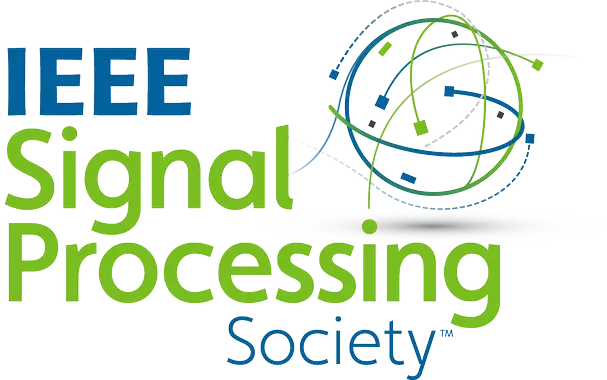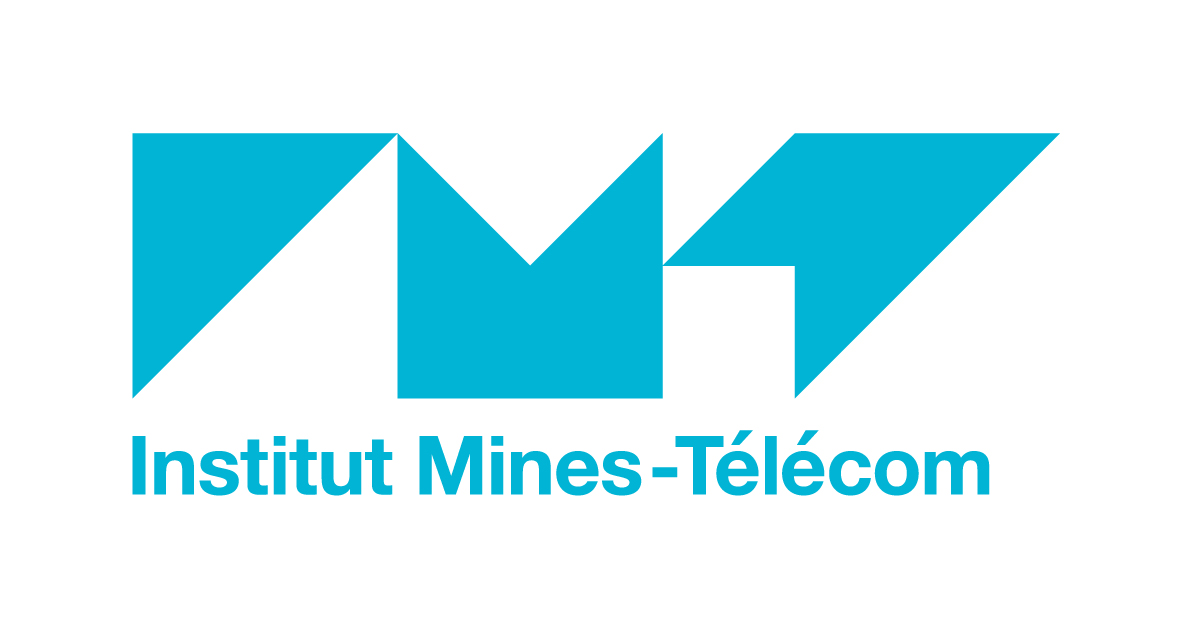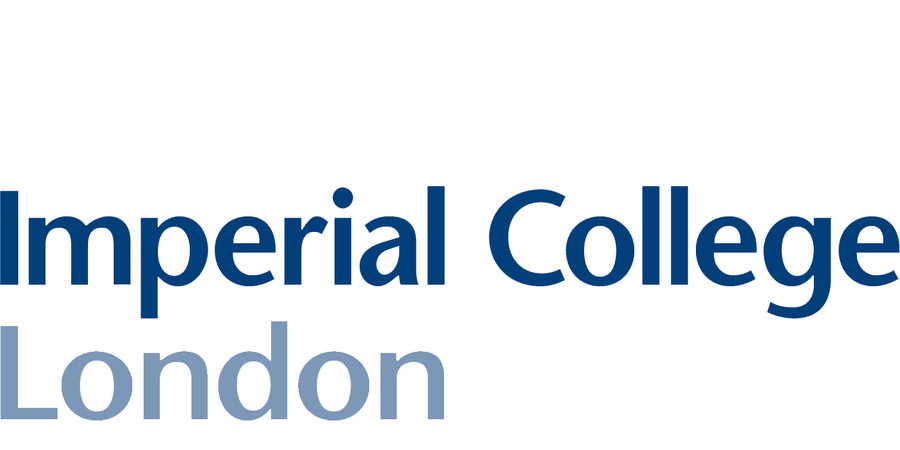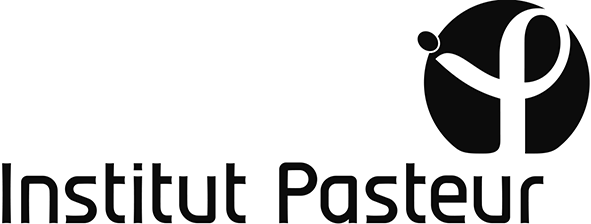
Enzo Ferrante
Dr Ferrante received his Systems Engineering degree from UNICEN University (Argentina), completed his PhD in Computer Sciences at Université Paris-Saclay and INRIA (Paris, France), and worked as a postdoctoral researcher at Imperial College London in the UK. He has also been a visiting student at the CVGL Lab at Stanford University (2014) and Fulbright Visiting Researcher at the A. Martinos Center for Biomedical Imaging (Massachusetts General Hospital - Harvard Medical School, 2021) in Boston. He returned to Argentina in 2017, holding a faculty researcher position at Argentina's National Research Council (CONICET). He regularly serves as a member of the program committee of important medical imaging conferences like MICCAI, MIDL, ISBI and IPMI, and he has organized several workshops in this context. He leads the Machine Learning for Biomedical Image Computing group in the Research Institute for Signals, Systems and Computational Intelligence, sinc(i). In 2020 Dr Ferrante received the Young Researcher Award from the National Academy of Sciences of Argentina and the Mercosur Science & Technology Award for his scientific contributions to AI for medical image computing. His research interests span artificial intelligence and biomedical image analysis, focusing on deep learning methods.
Advanced Deep Learning for Medical Imaging
In these lectures on Advanced Deep Learning for Medical Imaging, we will cover two topics of high importance for biomedical image analysis: how to develop realistic and fair medical image analysis models based on deep learning.
As for the first topic, we will discuss representation learning strategies to improve anatomical plausibility in biomedical image segmentation and registration. We will see how denoising autoencoders can be used to learn low-dimensional encodings of anatomical structures and propose different ways in which these embeddings can be incorporated into deep learning models. The main idea will be to constraint the space of solutions and encourage anatomical plausibility in the model output. We will explore different application domains in the context of image registration [1] and segmentation [2,3]. In particular, we will talk about how can we perform image segmentation and registration using standard deep learning models, and how we can improve its anatomical plausibility via different strategies.
We will then move to the problem of fairness of machine learning (ML) for medical image analysis. In this context, medical institutions around the world are adopting ML systems to assist in analyzing health data; at the same time, the research community of fairness in ML has shown that these systems can be biased, resulting in disparate performance for specific subpopulations. In this talk, we will discuss the relationship between bias, ML, health systems and domain shift, addressing the specific case of gender bias in X-ray classifiers [4] for computer-assisted diagnosis [5]. If time allows, we will also cover strategies that my group has recently proposed to deal with domain shift issues in image classification [6].
[1] Learning deformable registration of medical images with anatomical constraints
Mansilla L, Milone D, Ferrante E.
Neural Networks (2020)
[2] Post-DAE: Anatomically Plausible Segmentation via Post-Processing with Denoising Autoencoders
Larrazabal A, Martinez C, Glocker B, Ferrante E.
IEEE Transactions on Medical Imaging (2020)
MICCAI 2019 (conference version)
[3] HybridGNet - Improving anatomical plausibility in image segmentation via hybrid graph neural networks: applications to chest x-ray image analysis
Gaggion N, Mansilla L, Mosquera C., Milone D, Ferrante E.
IEEE Transactions on Medical Imaging (2022) MICCAI 2021 (conference version)
[4] Gender imbalance in medical imaging datasets produces biased classifiers for computer-aided diagnosis
A Larrazabal, N Nieto, V Peterson, D Milone and E Ferrante
Proceedings of the National Academy of Sciences (PNAS)
[5] Addressing fairness in artificial intelligence for medical imaging
Ricci Lara MA, Echeveste E, Ferrante E
Nature Communications, 2022
[6] Domain generalization via gradient surgery.
L Mansilla, R Echeveste, D Milone and E Ferrante
International Conference on Computer Vision (ICCV 2021)


 15th IEEE EMBS-SPS International Summer School on Biomedical Imaging
15th IEEE EMBS-SPS International Summer School on Biomedical Imaging








